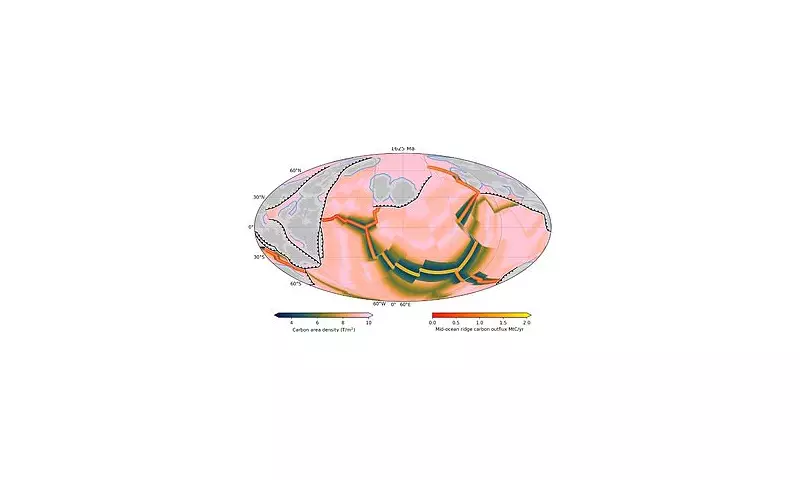
Scientists have made a startling discovery that could completely reshape our understanding of when and where life might first emerge in the universe. New research suggests that during what was previously considered Earth's 'Boring Billion' period, planets may have actually possessed ideal conditions for life to flourish.
Rewriting Planetary History
The so-called 'Boring Billion' - spanning from about 1.8 billion to 800 million years ago - was traditionally viewed as a period of biological stagnation. However, this new analysis reveals that planetary conditions during this era were far from boring when it came to potential habitability.
Contrary to previous assumptions, researchers now believe that early Earth and similar planets maintained stable environments with:
- Optimal temperatures for biological processes
- Sufficient atmospheric pressure to support liquid water
- Stable geological activity without excessive volcanism
- Protective magnetic fields shielding from harmful radiation
The Perfect Recipe for Life
What makes this discovery particularly exciting is that these conditions weren't unique to Earth. Planets throughout the universe during this cosmic era likely shared similar characteristics, dramatically increasing the chances that life could have emerged elsewhere.
'We've been looking at this period all wrong,' explains the lead researcher. 'Rather than a biological desert, the Boring Billion represents a golden age of planetary stability - exactly what emerging life needs to gain a foothold.'
Implications for the Search for Extraterrestrial Life
This research fundamentally changes how astronomers should approach the search for habitable worlds. Instead of focusing only on Earth-like planets in their current state, scientists should consider planetary histories and whether worlds passed through this 'sweet spot' in their development.
The findings suggest that life in the universe could be:
- Much more common than previously estimated
- Potentially billions of years older than we imagined
- Able to develop under a wider range of conditions
This revelation opens up exciting new possibilities for where we might find evidence of ancient life, both within our solar system and beyond. As we continue to explore Mars and other celestial bodies, we may need to look for fossils dating back to these previously underestimated eras.





